P.K. Yonge goes international
Teachers bring back lessons from professional-development trips abroad
Mayra Cordero joined a scientific mission to hunt for fossils in Panama.
Macy Geiger and Angie Flavin traveled to Haiti to help Haitian teachers improve the way they teach their students.
Jon Mundorf went to Fukuoka, Japan to give insights to Japanese educators eager to create more accessible learning environments.
These teachers from P.K. Yonge, the University of Florida College of Education’s K-12 developmental research school since 1934, traveled around the world in recent months to lead and participate in professional-development opportunities designed to sharpen skills and enrich lives.
The idea: Faculty members strengthen their own teaching methods by gaining global perspectives that broaden the lessons they provide their students.
“I will be a better teacher because of the trip,” Mundorf, a seventh-grade language arts teacher, said after visiting Japan in October, where he was a keynote speaker and workshop leader on inclusive classroom instruction.
The teachers said there is no replacement for being immersed in new cultures and languages to gain insights and improve their own teaching.
The trips are the latest examples of how P.K. Yonge is intensifying its efforts to build an international campus and prepare its students to fully participate in the increasingly interconnected world.
“Every opportunity for a faculty member to get beyond the borders of the United States and to really see humanity from a different angle is going to enrich how they think about teaching and how they interact with students,“ said P.K. Yonge Director Lynda Hayes.
The school has conducted international outreach for many years, highlighted by its partnership with a school in Nanjing, China. Since 2013, dozens of students — accompanied by teachers and staff — from P.K. Yonge and Nanjing Experimental International School have exchanged visits to each other’s schools and stayed with host families, a trip that has proved enlightening and even life changing for some.
P.K. Yonge also plans to broaden its global focus by introducing Portuguese language instruction next fall, and following up on invitations from schools in Brazil and Chile that may lead to additional teacher and student exchanges, Hayes said.
Below are snapshots of the recent foreign experiences of P.K. Yonge’s globe-trotting teachers.
Off to Japan
Jon Mundorf’s trip to the Far East was nothing if not a learning experience.
Mundorf gave a presentation to 2,500 Japanese educators on one of his specialties — universal design for learning (UDL). UDL is a teaching framework to guide the design of flexible learning environments that can support individual learning differences.
With a Japanese translator by his side, Mundorf gave a presentation and led a workshop on UDL. Mundorf has become an expert in the field after serving nine years as a faculty member of a summer institute at the Harvard Graduate School of Education.
In Japan, Mundorf was not only a teacher but also very much a learner. He took copious notes, made a field trip to a Japanese classroom and personally shared teaching methods with many Japanese teachers.
“Half of teaching is learning,” Mundorf said, quoting a Japanese saying a few days after returning. “Seeing a whole other country and experiencing how they teach broadens my perspective and I’m sure that will impact what happens in my classroom.”
Mundorf’s Japanese hosts at the 24th Annual National Conference of the Japanese Academy of Learning Disabilities funded his weeklong trip, which was in the works before he joined the P.K. Yonge faculty this fall. Hayes encouraged Mundorf to take the time off to go, he said. Though not technically representing P.K. Yonge, he became an unofficial ambassador of the school.
“A lot of conversations turned to P.K. Yonge and practitioners were really interested in coming to P.K. Yonge and visiting my classroom and working with instructors at UF,” he said.
Digging Panama
The highlight of Mayra Cordero’s summer was digging in the dirt.
The sixth-grade science teacher traveled to Panama in July with about 20 edcuators from Florida and California as part of a Florida Museum of Natural History project to unearth fossils and provide professional development for K-12 science teachers.
During the 12-day trip, Cordero searched for specimens and learned firsthand how paleontologists conduct fieldwork. Their first lesson: distinguishing between fossils and the sea of rocks, pebbles and shells found along the shores of Lake Alajuela to learn about the stratigraphy of the area.
“It’s funny, but the first day we did not know how to recognize a fossil,” said the native of Puerto Rico.
The lessons received from the museum’s scientists paid off when Cordero discovered a tooth of a prehistoric Megalodon—informally dubbed “monster shark” or “megatooth shark”—the largest shark to have ever existed. This specimen and fossils unearthed by other teachers remained in the country and are administered by the Smithsonian Tropical Research Institute in Panama.
Since returning home, Cordero has incorporated her new knowledge by creating paleontology lesson plans. She set up a tabletop sandbox in her classroom and students uncovered fossils and collaborated to log, measure, describe and classify each specimen.
“The students worked like professional scientists using fossils that I brought from Panama,” Cordero said.
Cordero soon plans to invite scientists from the Florida Natural History Museum to her classroom to share about scientific methods and their work in Panama.
Cordero’s trip was funded by the National Science Foundation, which earmarks funds for in-the-field scientific learning experiences for K-12 teachers.
“To know about so many different areas in science is difficult for science teachers,” Cordero said. “This trip gave me another route to gather information and I have gained a lot of experience and knowledge.”
Teaching teachers in Haiti
In July, Macy Geiger and Angie Flavin, as well as P.K. Yonge writing consultant Patricia Jacobs, traveled to Croix des Bouquets, Haiti, for an annual summer teacher-training institute.
The elementary school educators gave workshops to about 160 native teachers on integrating reading with social studies and writing personal narratives. Their ability to communicate was enhanced by having Haitian-American interpreters translate in Creole – and by Geiger’s fluency in French.
Haitian teachers have special challenges, not the least of which is living in one of the poorest countries in the Western Hemisphere, a country devastated by a 2010 earthquake, where there is no such thing as free public education and children often attend irregularly.
The P.K. Yonge teachers stayed in dorm rooms on the second floor of the school, bunked in beds flanked by mosquito nets and took cold showers.
They saw teachers walking several miles to return to their villages or clinging for dear life to overpacked buses, the colorfully painted vehicles known as tap-taps (literally “quick quick” in Haitian Creole).
Yet they were amazing by the vitality, warmth and joyfulness of the people. They ate native foods (Geiger loved keneps, a local fruit that “tastes like Starburst candy”) and marveled at local craftsmen’s metalwork.
The P.K. Yonge visitors not only brought lessons, they carried three suitcases filled school supplies donated by Blue Wave faculty and students, including computer flash drives, backpacks, folders and writing instruments.
The trip was funded by the Graham Family Endowment for Teacher Renewal, which supports P.K. Yonge student achievement by enhancing teacher knowledge.
P.K. Yonge continues to support Haitian education. Boxes placed in various locations at the school are filled with backpacks that will be shipped to Haiti for use by schoolchildren.
“Macy texted me the night we got home and said ‘I feel guilty about all we have,’ ” Flavin said.
“Even the simple things that I never thought about – like a sanitation system,” Geiger added.
Sharing the Lessons
After returning to P.K. Yonge, Geiger and Flavin gave a presentation to other teachers – while Cordero shared about her trip to Panama — at the annual back-to-school faculty breakfast.
“I think it has definitely changed my outlook and perspective on my teaching and I am trying to encourage other teachers to go out there and try new things,” Flavin said.
Such adventures are what education is all about. The experiences enrich the entire school, Hayes said.
“It’s really important for faculty to have these opportunities so they are going to be positioned to prepare our students for the future where things will be more and more global and interconnected than we could have imagined,” she said
MEDIA LIAISON: Julie Henderson, communications and international relations, UF’s P.K. Yonge Developmental Research School, 352-392-1554, jhenderson@pky.ufl.edu

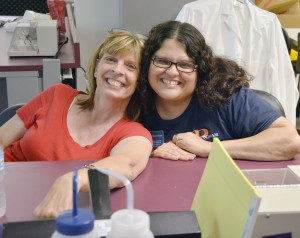
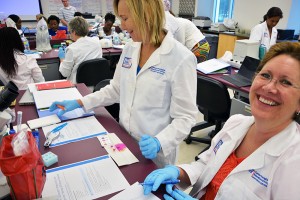
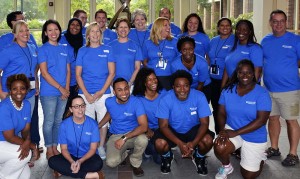
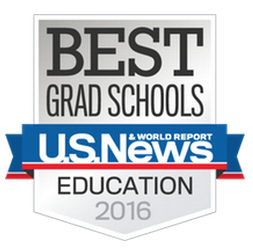
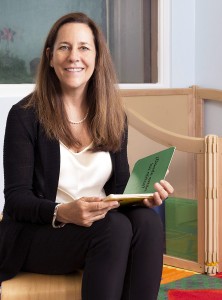
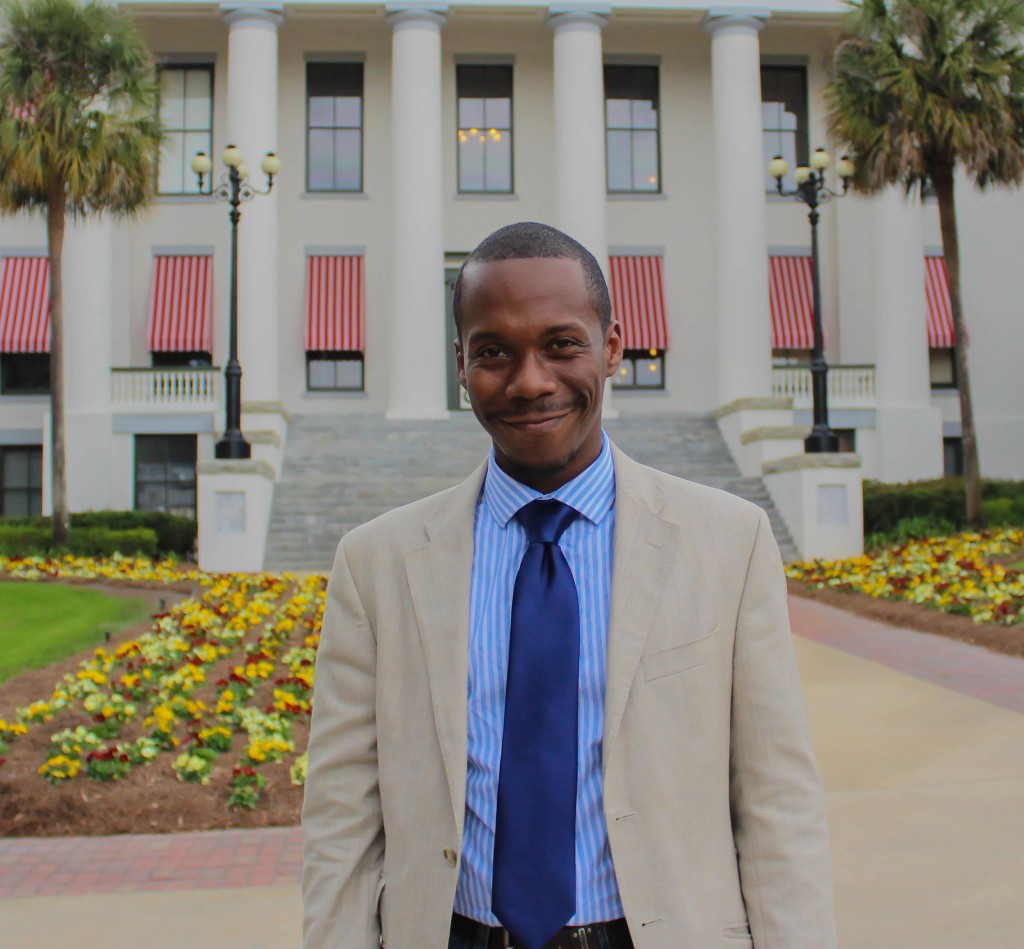
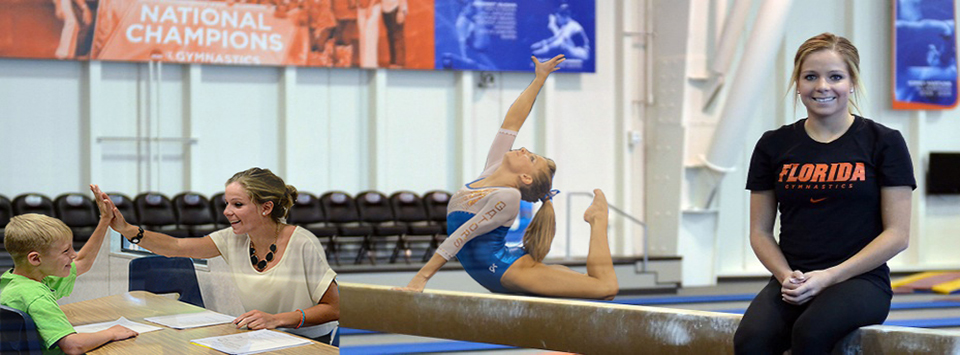
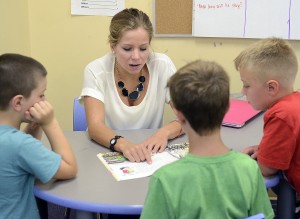
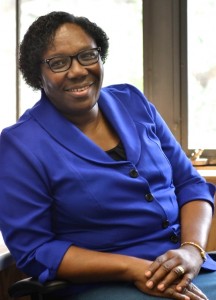
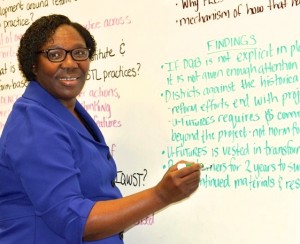
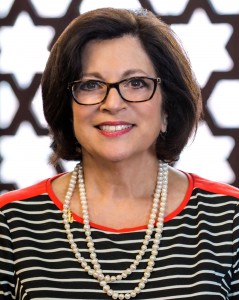
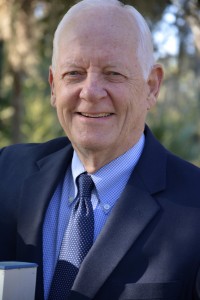
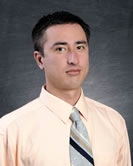
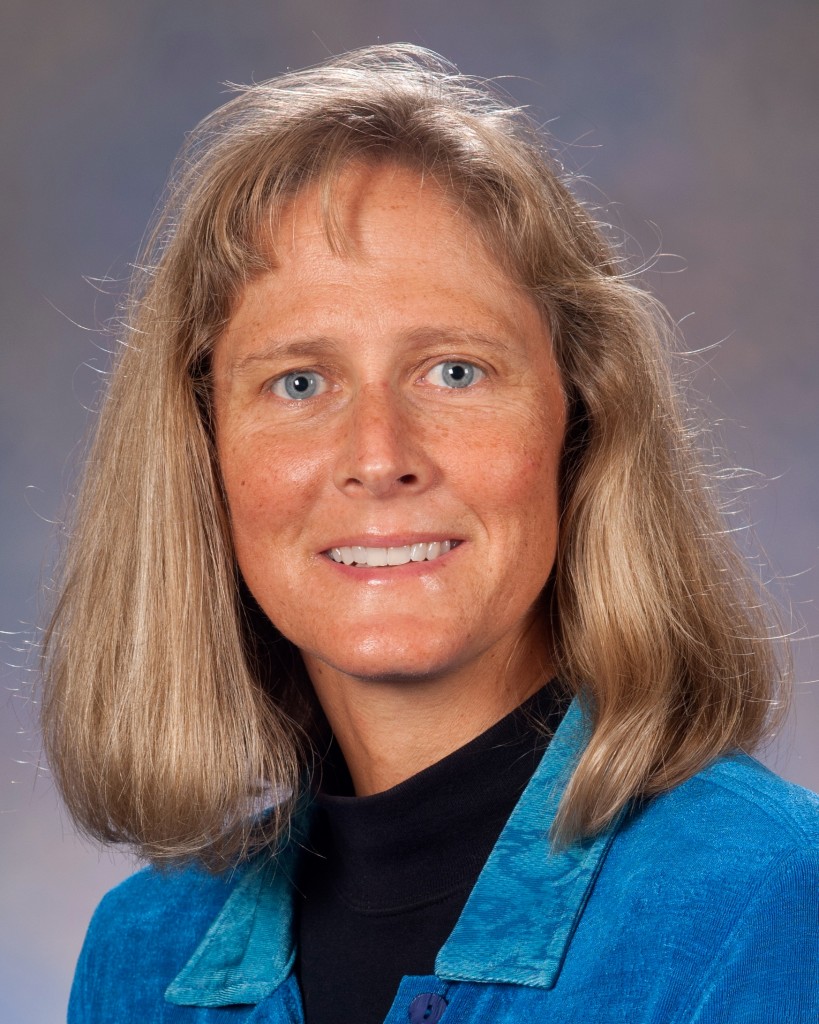
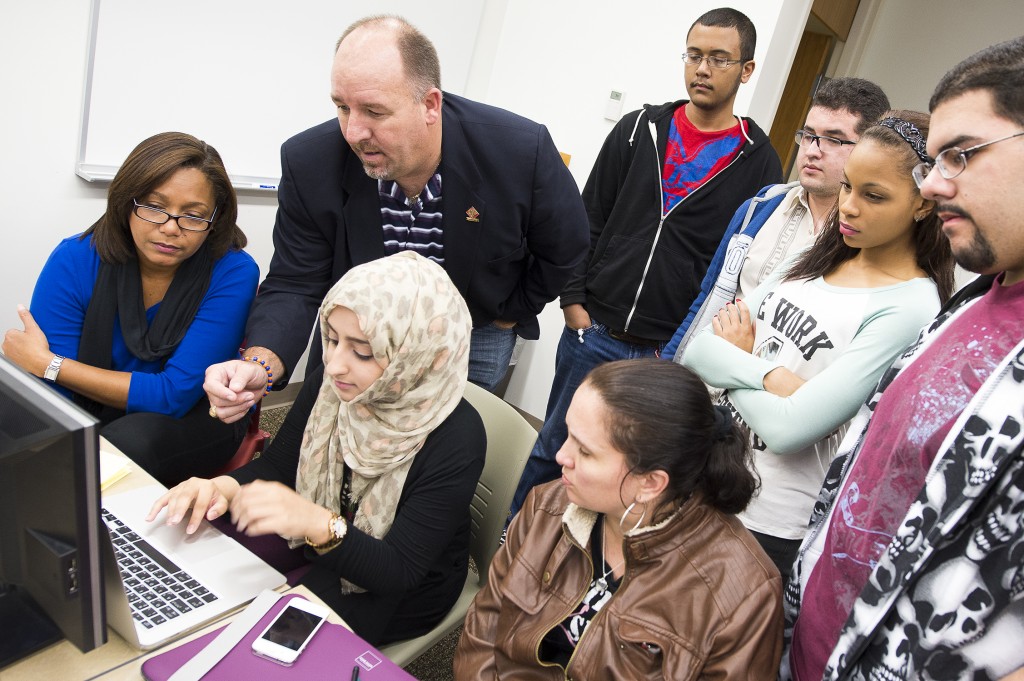
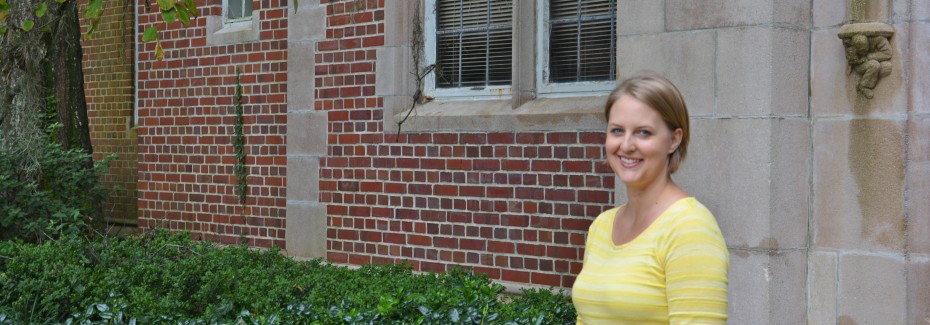
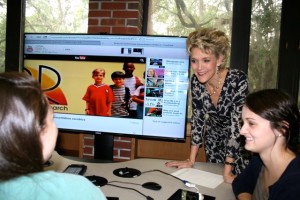
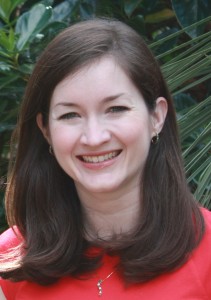
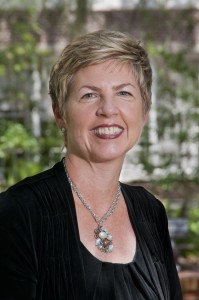
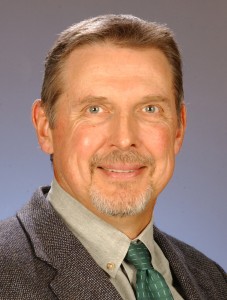
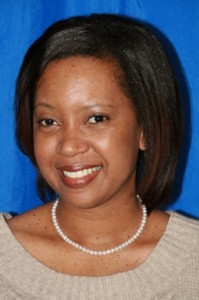
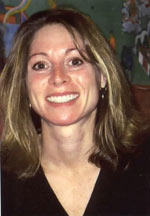
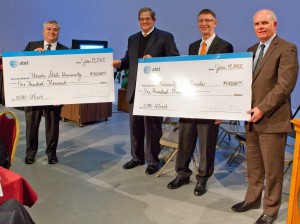
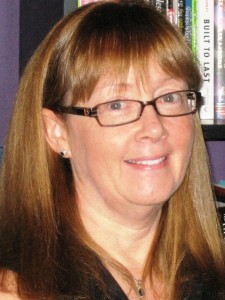
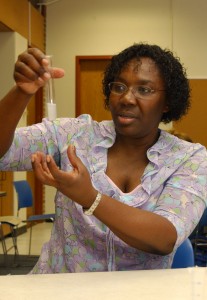
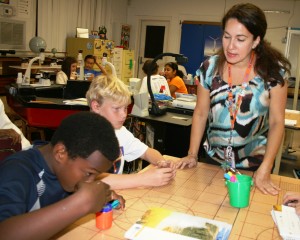
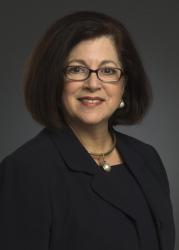
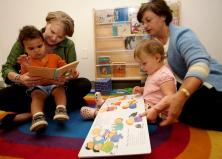
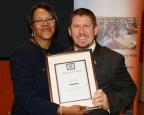 Backs (pictured, right, with Alliance interim director Diane Archer-Banks), on Nov. 9, made the long drive from Miami to Gainesville to help the Alliance celebrate its 10th anniversary with a reception on campus at UF’s Reitz Union. He told about 50 guests, including UF President Bernie Machen, that he was one of the first teachers approached at his school to help select 40 ninth-grade students to participate in the Alliance’s first campus tour.
Backs (pictured, right, with Alliance interim director Diane Archer-Banks), on Nov. 9, made the long drive from Miami to Gainesville to help the Alliance celebrate its 10th anniversary with a reception on campus at UF’s Reitz Union. He told about 50 guests, including UF President Bernie Machen, that he was one of the first teachers approached at his school to help select 40 ninth-grade students to participate in the Alliance’s first campus tour.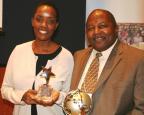 more than a dozen awards of appreciation to staff, supporters and collaborators, including Backs and Bernie Oliver, who recently stepped down after five years as UF Alliance director. Oliver (pictured, right, with Alliance staff member Sophie Maxis) remains on the UF education faculty. UF Alliance students Jamisha Jenkins (from Jacksonville Raines High) and Miguel Mejia (Miami Senior High) also gave testimonials about how the program helped them beat the odds and earn Alliance scholarships to UF.
more than a dozen awards of appreciation to staff, supporters and collaborators, including Backs and Bernie Oliver, who recently stepped down after five years as UF Alliance director. Oliver (pictured, right, with Alliance staff member Sophie Maxis) remains on the UF education faculty. UF Alliance students Jamisha Jenkins (from Jacksonville Raines High) and Miguel Mejia (Miami Senior High) also gave testimonials about how the program helped them beat the odds and earn Alliance scholarships to UF.


